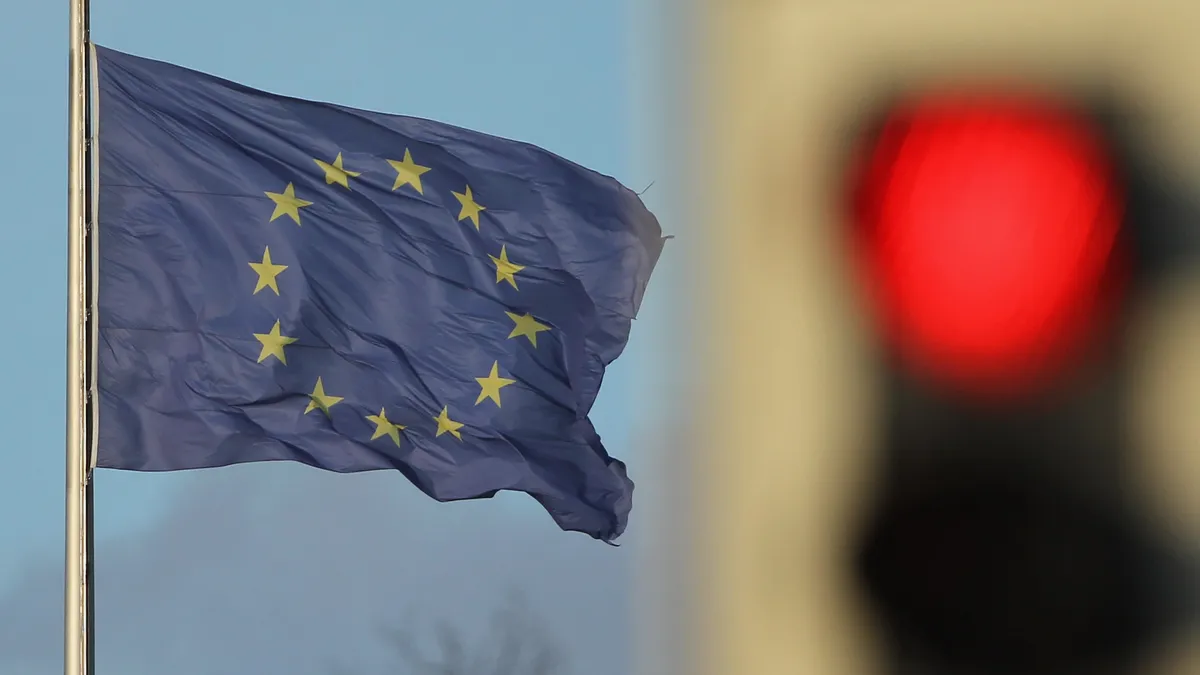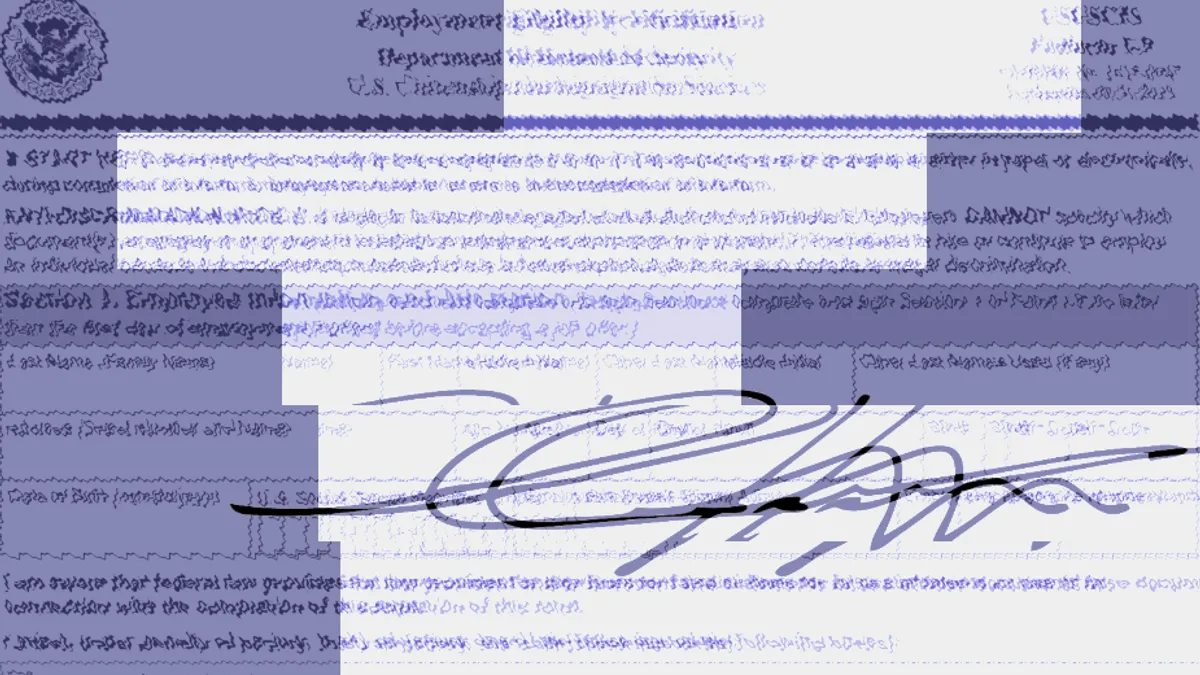Multinationals that compete in the European Union should be monitoring as a new competition rule comes into effect this summer but may want to hold off trying to get a jump on it because its final form remains unclear, Thomas McQuail of Morrison Foerster says.
Intel, Raytheon and other big multinationals have raised concerns over the scope and administrative burden of the upcoming rule, which the European Commission is writing to help protect EU companies from unfair competition by companies that receive significant subsidies from foreign governments.
The rule would require companies that want to acquire a European target or make a bid on a public project to submit an accounting of the foreign government subsidies they’ve received in the last few years so regulators can judge whether the subsidies are competitively “distortive” at the expense of European companies.
In a letter sent to the commission last week, the coalition of companies said they support the EU’s aim at curbing advantages of state-assisted companies but the rules, as drafted, go far beyond what’s needed to achieve the commission’s aims and would require setting up systems to track business dealings that aren’t easily tracked.
What’s more, if companies don’t get compliance right, their ability to close timely deals or participate in business opportunities could be lost.
“Important M&A transactions may be disrupted, and public tender procedures may come to a stand-still or suffer a significant reduction in the number of competitive bids that are submitted,” the letter said. “This would significantly harm European industries but also those public institutions that are running tenders.”
In addition to Intel and Raytheon, companies signing the letter include Cisco, ServiceNow, Panasonic, Bayer, Siemens, AstraZeneca and ThyssenKrupp. Almost two dozen companies are represented, most based in the EU.
Wide scope
As the rules are drafted so far, the group says, companies could be on the hook to account for routine matters such as social security benefits paid to employees, postal services used and bills paid for public utilities, potentially in more than 160 countries.
“Companies currently do not have systems in place to monitor these interactions with foreign states,” the letter said.
What’s more, companies can’t always know if an entity they’re working with is connected in some way to a foreign government.
By some accounts, the EU law that authorized the rule is primarily focused on Chinese companies that receive low-cost loans and other assistance from the government, and commission members have said their goal is to focus on large-scale subsidies, not routine government dealings.
“We intend to focus on major distortions,” EU Executive Vice President Margrethe Vestager said earlier this month, The Wall Street Journal reported. “It is a priority in the implementation that we ensure that the compliance burden, particularly on smaller entities, is kept as low as possible.”
Adequate preparation
Given the likelihood of the commission refining the draft implementing rules before they’re published for effect in July, in-house counsel might want to hold off taking concrete steps to prepare for compliance, McQuail told Legal Dive.
“I would certainly put this on the list of things you need to be monitoring,” he said, but because there’s a good chance the scope will be narrowed between now and July, taking concrete actions now might be premature.
“You can start thinking about a process for how you would go about identifying transactions that could be relevant,” he said.
Staying on top of the rule is most urgent for companies that are planning an acquisition of a European target in the next year or so or are active in public tenders in the EU.
For these companies, he said, “you don’t want this to be a delaying factor.”
McQuail thinks companies will succeed in getting the commission to pull back on some of its more onerous reporting requirements, but the rule will still likely be burdensome.
For mid-sized companies that don’t do a lot of business globally, the process shouldn’t be a deal-breaker.
“This isn’t a problem that you had a subsidy,” he said. “The commission wants to understand that the subsidy doesn’t give you an advantage in Europe. So, if you get a subsidy in the U.S. in connection with construction of a plant, if that plant is only used to supply customers in the U.S., it’s really difficult to see that’s going to impact an assessment in Europe about foreign subsidies.”
Even so, he said, “it may be something you have to declare. But it shouldn’t be something that impacts you. But if that plant has been used for supplying into Europe, and whether it’s in the context of a transaction or procurement, then it is likely the commission will say, ‘Oh, we just want to learn more about that.’ Again, it doesn’t mean it’s a problem; it just means there may be an additional information burden.”



















